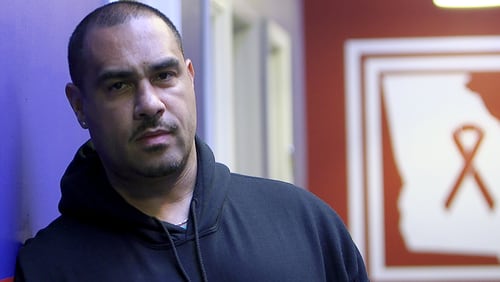The Centers for Disease Control and Prevention predicted in 2016 that if current rates continue, one in two African-American gay and bisexual men will be infected with HIV, the virus that causes it AIDS, during their lifetime.
In Atlanta, the epidemic was particularly acute. Now, it may be worse.
RELATED: The Silent Epidemic: Black Gay Men and HIV, Part 1
RELATED: The Silent Epidemic: Black Gay Men and HIV, Part 2
Dr. Carlos del Rio, co-director of Emory University’s Center for AIDS Research, put it this way: “Downtown Atlanta is as bad as Zimbabwe or Harare or Durban.”
If you’re wondering how this is possible, given the success of lifesaving antiretroviral medication, given the decades of research and education, you’re not alone.
Click below to find how why new medicines blamed for rising rates of HIV in black gay men.
The Silent Epidemic: In this series
Part 1
Part 2
Part 3
Part 4
Part 5






